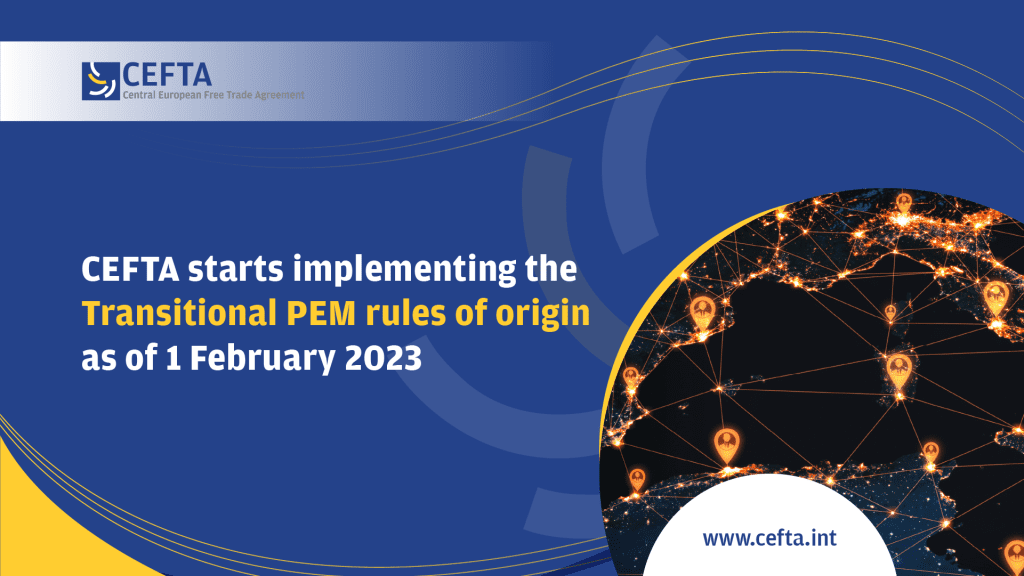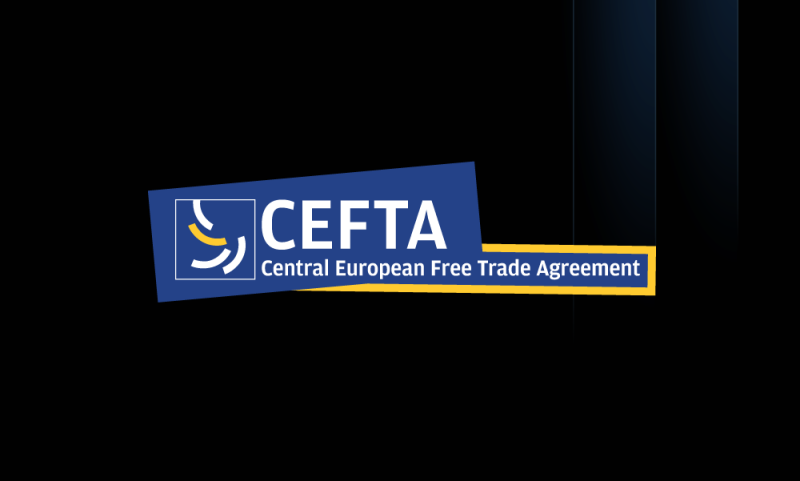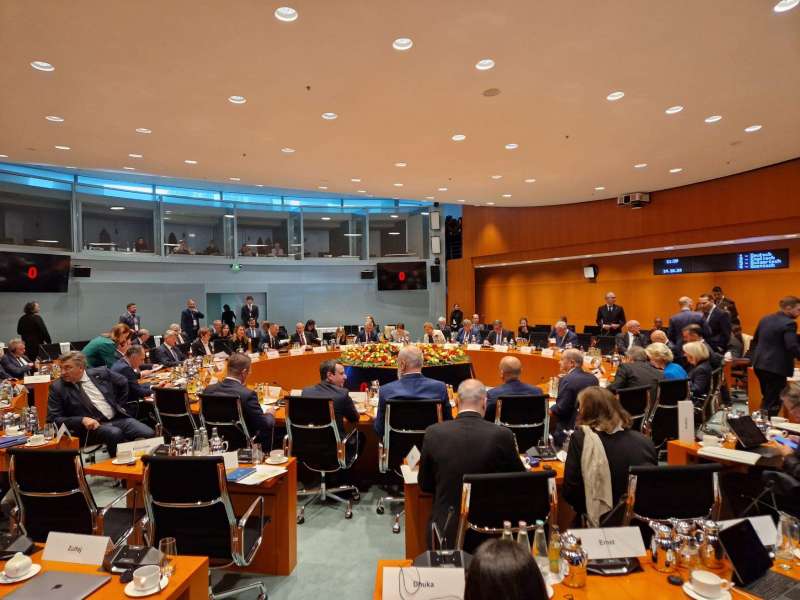BRUSSELS, February 1 (FENA) - CEFTA Parties start applying the transitional rules on the preferential origin of goods, alongside with the rules of the Pan-Euro-Mediterranean (PEM) Convention. While waiting for the revision of PEM Convention most of the PEM contracting parties, including CEFTA Parties, EU and EFTA, decided to allow companies to benefit from the modernized and simplified rules of origin, and started application of the transitional rules on a bilateral basis.
The new rules are more flexible aiming to reduce administrative burden, and therefore make trade simpler, provide more opportunities and enable companies to become more competitive in other markets.
The rules will come into force from 1 February 2023, after the internal procedures have been finalized by all CEFTA Parties.
“By applying the revised, more flexible and modern rules, the Parties will be able to increase their export competitiveness. Transitional rules on the origin of goods simplify the system, simplify the determination of the origin of goods and further facilitate trade in CEFTA and with the EU,“ explained the Director of the CEFTA Secretariat Emir Đikić.
The PEM Convention is an international agreement that aims at establishing a unique set of rules on the origin of goods.
The PEM Contracting Parties started the discussion on revising the Convention in 2013, in order to adjust it to the economic reality.
Since the adoption of the revised Convention failed in 2019, the majority of the Contracting Parties decided to apply the revised rules in advance. Currently, the two sets of rules, the original PEM rules of origin and the transitional rules, will be applied in parallel and economic operators will be able to choose between the applicable rules.
This new step that CEFTA is taking towards facilitating trade focuses on reducing the administrative bureaucracy and increasing the volume of trade.
The new rules provide for several simplifications including:
- More flexible and simpler product rules
- More flexible tolerance rules: Increase of the share of non-preferential materials in finished goods from 10% to 15% on the basis of net weight for agricultural products, while for industrial products (except for textile) the tolerance is set to 15% of non-originating materials based on the ex-works price of the final product;
- EUR.1 or origin declaration will be a single type of proof of origin, and it will suffice for a period for 10 months instead of for 4 months;
- The options to agree on the application of a system of registered exporters and to agree on the use of proof of origin that is issued and/or submitted electronically are also foreseen.
The possibilities of duty drawback and full cumulation as benefits of the transitional rules, have been implemented in CEFTA since 2019.
(FENA) S. R.













